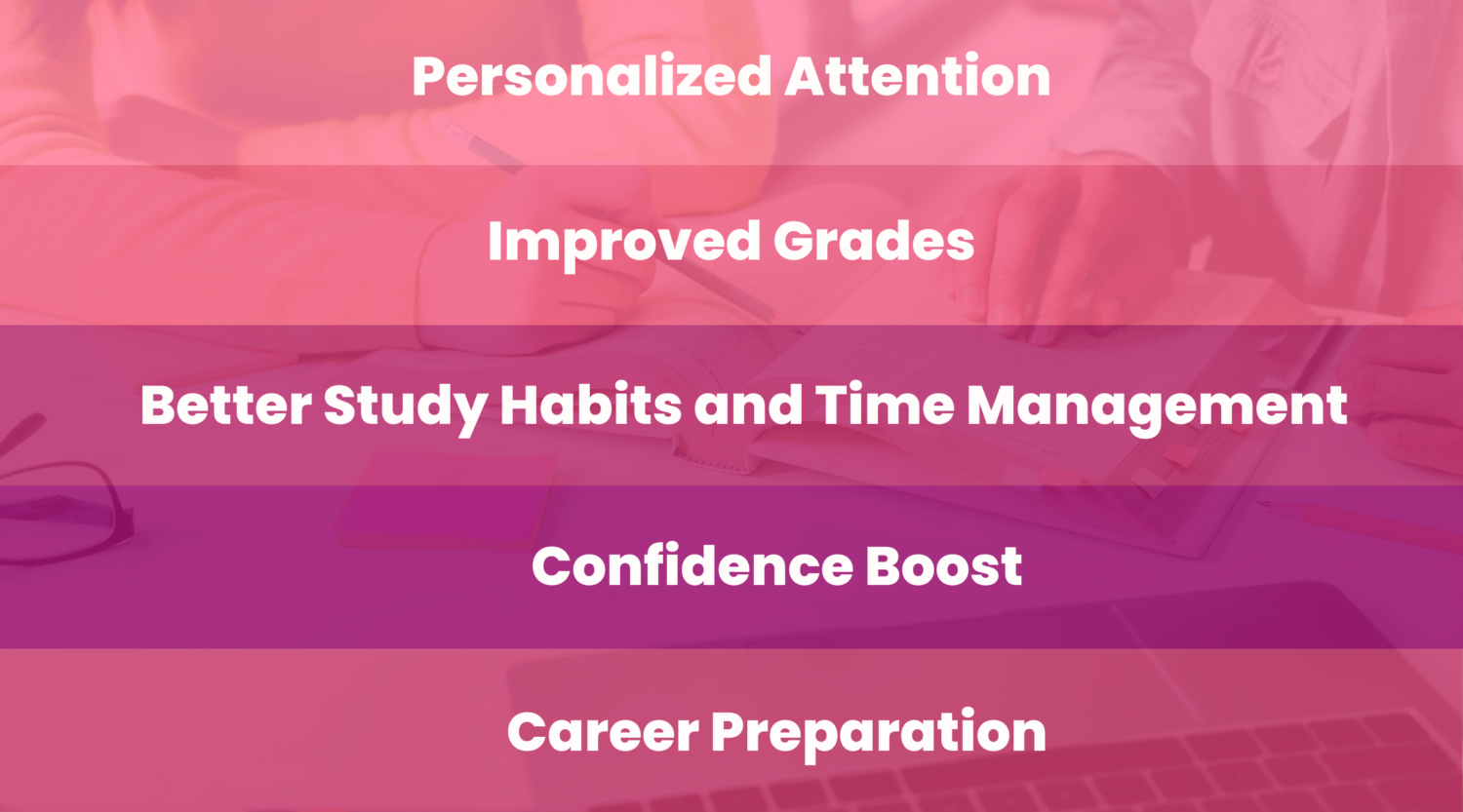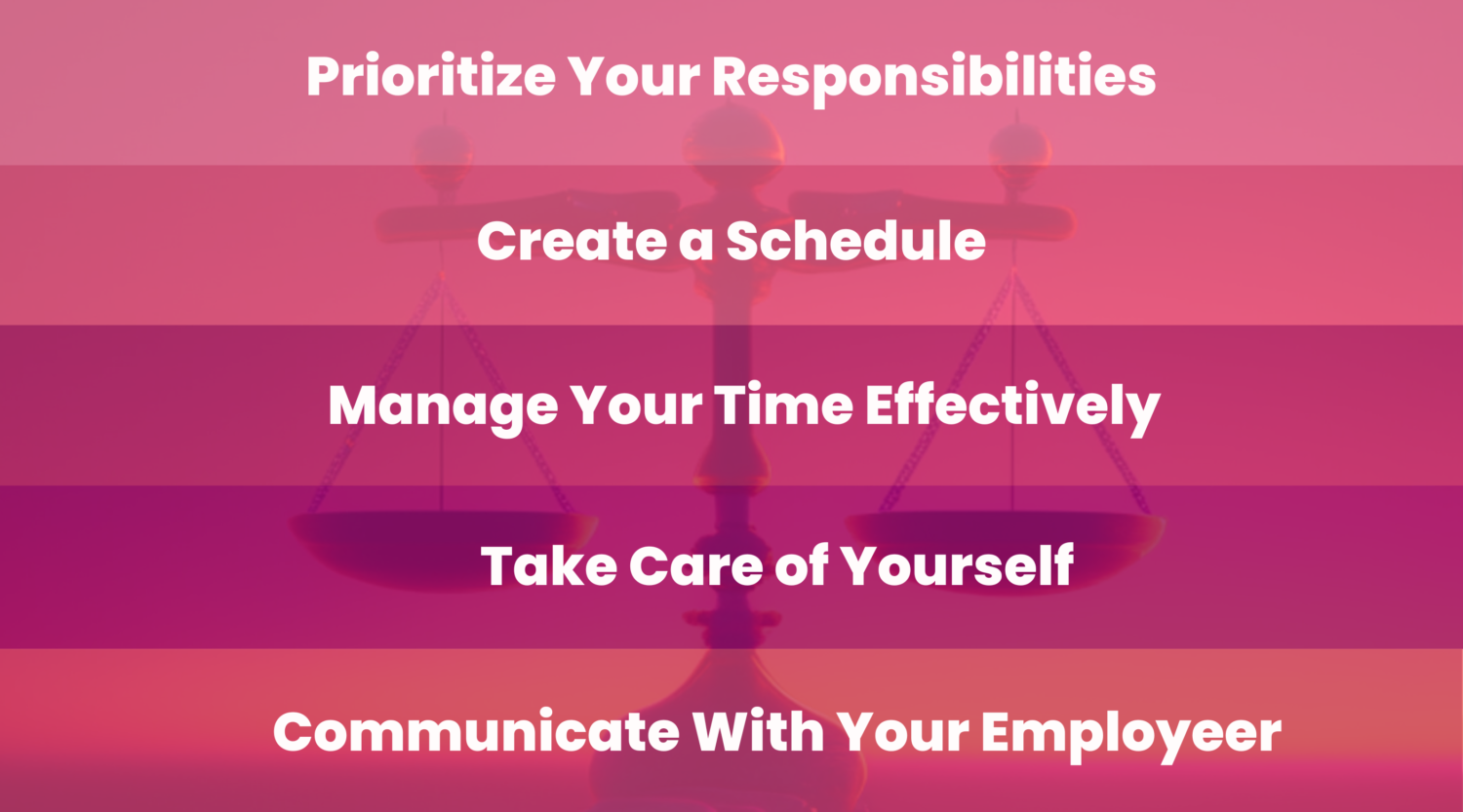5 Compelling Reasons to Get a Tutor
College life is tough. There is no denying that. One day you may be threatening to drop out and the next you are marveling at a good grade on a tough exam. When it comes to navigating the rollercoaster of university, having a tutor by your side can be a lifesaver.
This article presents five compelling reasons why having a tutor significantly benefits you as a college student.

Personalized Attention
AKA someone who knows the mud you are trudging through. In a bustling classroom with peers, it’s easy to get lost in the crowd. You may have a lecture with hundreds of students. It is by no means easy to get any one-on-one attention from the professor or teacher assistants. With a tutor, you can get that attention.
A tutor tailors their teaching approach to your specific learning style and addresses any individual challenges or questions you may have. We are pretty confident it is far less intimidating to ask a “stupid” question to one person than in front of your entire class.
This personalized attention fosters a greater understanding of the material and allows for you to fill in any gaps in your grasp of complex concepts.
Improved Grades
Struggling to achieve the grades you desire? A tutor can be your academic ally. Music to your ears, eh? Tutors are an avenue to improve academic performance and higher grades. It is that simple. A study by San Bernardino Valley College revealed that students who receive extra academic help performed, on average, 13% better.
Better Study Habits and Time Management
Effective studying goes beyond merely memorizing facts. A tutor can impart invaluable study strategies and techniques that can revolutionize your approach to learning.
They can guide you in developing efficient study habits, such as organizing study materials, creating comprehensive study plans, and utilizing time management skills. These essential skills not only benefit you during your college journey but also lay a solid foundation for lifelong learning and success.
Confidence Boost
Confidence plays a pivotal role in achieving academic success. There is a direct link between self-esteem and academic achievement. Collaborating with a tutor can instill a sense of confidence in your abilities. As you gain a deeper understanding of the subject matter and witness your progress, your self-assurance naturally grows.
Tutors can offer constructive feedback, highlight your strengths, and help you overcome academic obstacles. Get ready to feel boosted! A person cheerleader empowering you to tackle challenges head-on.
Career Preparation
Beyond immediate academic benefits, tutoring can also contribute to your long-term career prospects. By leveraging the expertise of a tutor, you can acquire the skills and knowledge necessary to excel in your future profession.
Follow us on social media for more useful tips and tricks!











